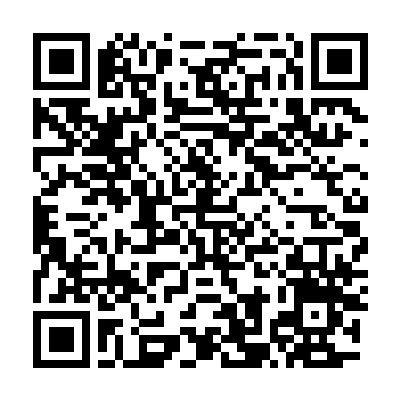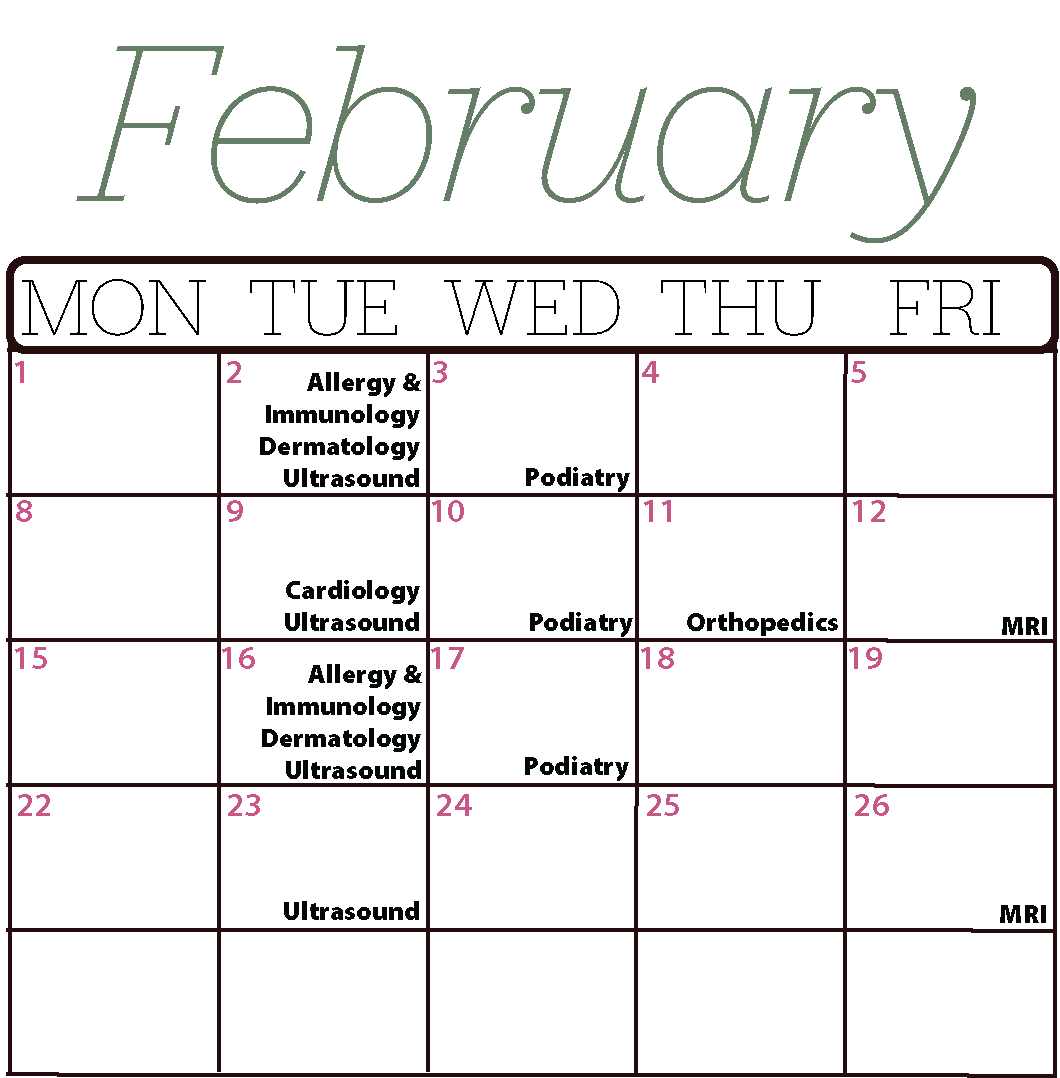
Scan this QR Code to request an appointment in our clinic!

Click here for the link to request an appointment.
Specialties Calendar

For a current calendar and complete listing of our services, please click on this link:
https://www.keokukhealth.com/calendar/
Your Rights and Protections Against Surprise Medical Bills
When you get emergency care or are treated by an out-of-network provider at an in-network hospital or ambulatory surgical center, you are protected from balance billing. In these cases, you shouldn’t be charged more than your plan’s copayments, coinsurance and/or deductible.
To learn more visit: https://www.keokukhealth.com/wp-content/uploads/FINAL-RP-Surprise-Medical-Bills_JAN2022.pdf.
You have the right to receive a “Good Faith Estimate” explaining how much your medical care will cost.
To learn more visit: https://www.keokukhealth.com/wp-content/uploads/FINAL-Good-Faith-Estimate-Rights_JAN2022.pdf.


Sigourney Clinic: Monday – Friday from 8 am to 5 pm
Primary care, DOT physicals, and well visits by appointment: 641-622-1170
Labs, Point of Care Testing and X-Ray Available On-site
Acute walk-in patients must walk-in before 3 pm
Acute walk-in services include evaluation and treatment for:
• Allergy
• Blood pressure check
• Colds, flu and other viral illnesses
• Cellulitis
• Diarrhea and dehydration
• Ear, eye, throat and sinus infections
• Headache or migraine
• Minor cuts and scrapes
• Minor head injury
• Minor joint or back pain
• Nausea & vomiting
• Nebulizer treatments
• Sexually transmitted diseases (STD)
• Sprains and strains and Fractures
• Urinary Tract Infection (UTI)
• And more

Hedrick Clinic: Family Practice & Acute Care Monday -Wednesday & Friday from 8 am to 5 pm
Osteopathic Manipulations, Aviation Physicals, and DOT Physicals by appointment: 641-653-2437
Acute walk-in services include evaluation and treatment for:
• Allergy
• Blood pressure check
• Colds, flu and other viral illnesses
• Cellulitis
• Diarrhea and dehydration
• Ear, eye, throat and sinus infections
• Headache or migraine
• Minor cuts and scrapes
• Minor head injury
• Minor joint or back pain
• Nausea & vomiting
• Nebulizer treatments
• Sexually transmitted diseases (STD)
• Sprains and strains and Fractures
• Urinary Tract Infection (UTI)
• And more
